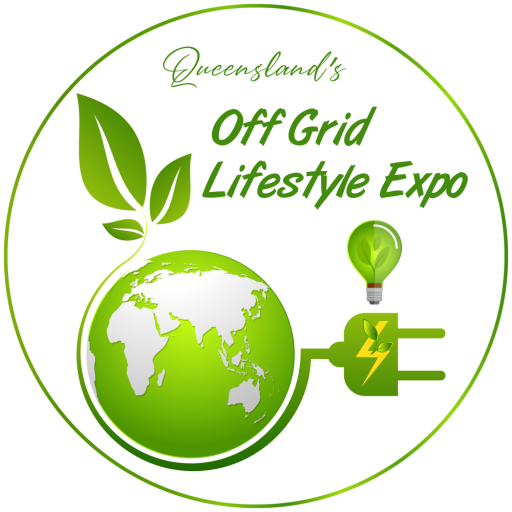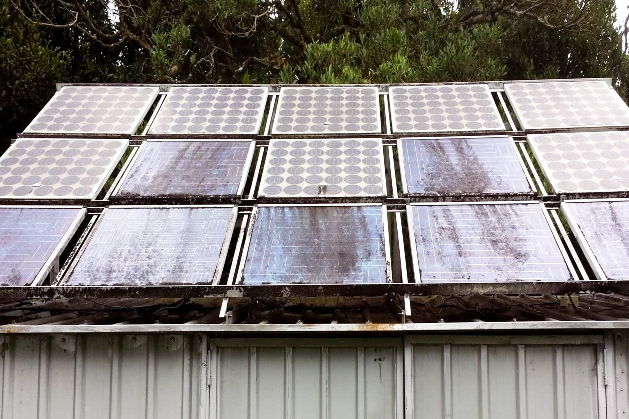
Old Solar Panels – What to do with them
What to do with our old solar panels
A recent paper published in ScienceDirect has some answers.
Resources, Conservation and Recycling
Volume 202, March 2024, 107316
Verity Tan and Rong Deng wrote an encouraging article addressing this issue. In the paper titled ‘Solar photovoltaic waste and resource potential projections in Australia, 2022–2050’, Dr Rong Deng explains It’s time to stop thinking about solar panels as the waste crisis of the future and view them as a valuable mining resource that can completely supply some of the critical materials the industry needs. He also suggests recycled solar panels could, in 15 years, supply 50 per cent of the industry’s silver and aluminium needs, and within 25 years all of those needs as older models use more metals than newer, more advanced ones.
As the demand for renewable energy grows, we could run out of silver and other materials required to make solar panels. If we can recycle and reuse most of the componentry from old materials this cuts down the waste product and supplies us with valuable resources.

2 terms discussed frequently in relation to sustainablity in renewable energy are:
Photovoltaic (PV) materials and devices convert sunlight into electrical energy.
End of life (EOL), in the context of manufacturing and product lifecycles, is the final stages of a product’s existence.
We can not call it renewable energy if it fixes one problem by creating another, that is why what we do with materials when they reach the EOL stage is just as important and how we obtain these resources and use them.
“Recycling can help with effective recycling practices, in 15 years the amount recovered from waste could be sufficient to meet demand, eliminating the need to mine from the earth. Instead, we would “mine” materials from waste.” Deng explains.
The PV industry may run out of silver if the consumption level remains the same while the market is expected to grow 20 times. The implication is to reduce the amount of silver used in current solar panels or replace it with other materials such as copper.
Waste reduction remains the goal so replacing your solar panels before they reach EOL is not recommended as it adds to the problem. Let them do their job for as long as they can, you will save money as new technology is emerging at an alarming rate and this means better products at a reduced price as demand grows.
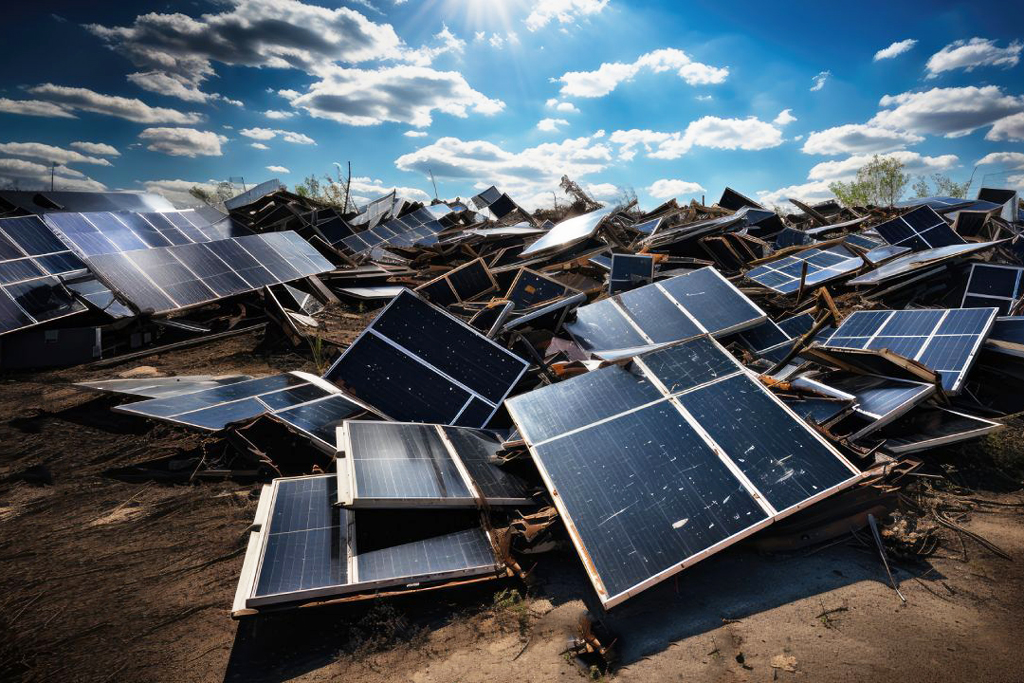
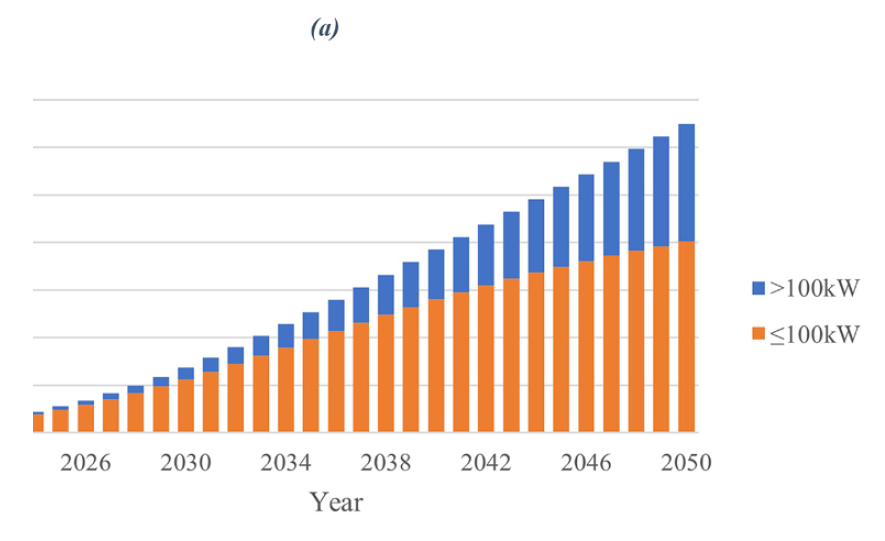
“I think raising public awareness is the key there. Solar panels have a long lifespan of 25 or 30 years, which is quite rare for consumer products. None of the products we use daily – our cars, TVs, mobile phones etc. last that long. Australians are aware that solar can help reduce energy bills, but there should also be education on their longevity and the fact that they continue to generate electricity even after the payback period,” Deng says.
The amount of e-waste from electronic devices is significantly higher than PV, and they also contain silver. Enhancing domestic recycling capability in general, to improve the resource recovery rate and retain them in our economy, rather than sending all valuable material containing waste overseas, is a good opportunity.
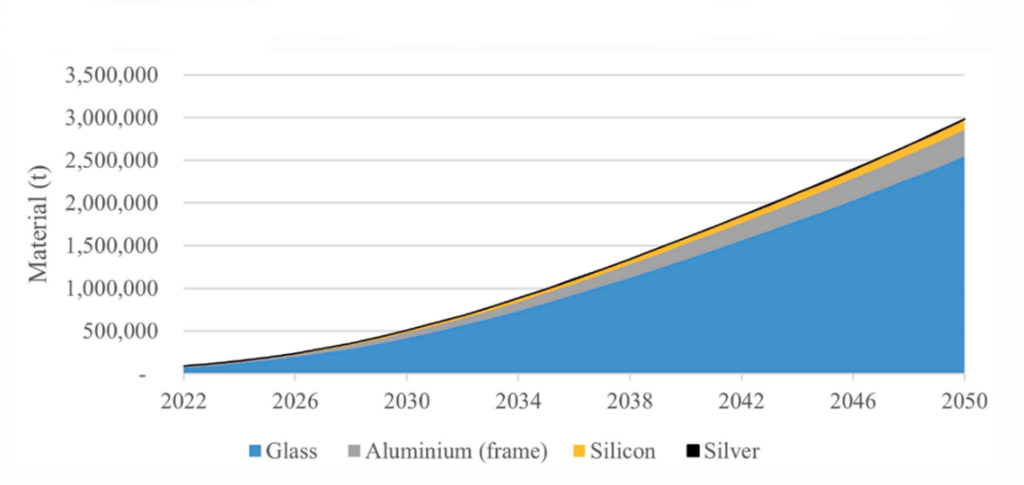
Recycle, or face constraints
The researchers dramatically hiked estimates for the volume of solar photovoltaic panels coming offline in the years to 2050.
By 2030 they estimate the cumulative volume of end-of-life solar panels – four-fifths of which will be from rooftop solar systems which are often replaced sooner than their technical lifetime – will be 250,000 to 700,000 tonnes.
By 2050, that figure will hit 2-3 million tonnes.
These figures are as much as seven times higher than other research estimates and one to two times higher than the waste forecast published by DEECCW, Deng says.
(DEECCW) Department of Climate Change, Energy, the Environment and Water.
Learn More about our Off Grid Expo HERE | Buy your tickets for EXPO Here
Event Organisers:
Dee White: dee@offgridexpo.com.au – 0434 630 510
Di Woodstock: di@offgridexpo.com.au – 0419 224 628
Event Organisers
Dee White
dee@offgridexpo.com.au
0434 630 510
Di Woodstock
di@offgridexpo.com.au
0419 224 628
